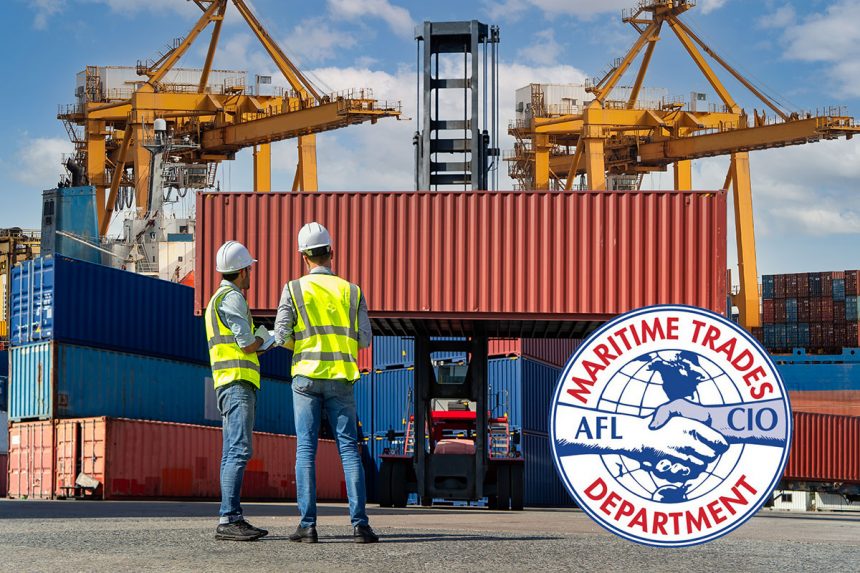Officials Repeat that Jones Act Has Not Impeded Cleanup Assistance
The Maritime Cabotage Task Force (MCTF) has issued an update on the situation along the Gulf Coast, citing retired U.S. Coast Guard Admiral Thad Allen, the National Incident Commander for the cleanup effort, as stating “at no time” has the Jones Act inhibited the clean up.
Furthermore, Allen reported that “in no case has any offer of assistance been declined because of the Jones Act or similar laws.” Similarly, a U.S. Department of Transportation statement said “to be absolutely clear … the Jones Act has not hindered the clean-up effort.”
“With frustration over the oil spill mounting, some have mistakenly blamed the Jones Act for impeding the pace of the clean-up. This is a false argument,” said Michael Roberts, Crowley Maritime Corporation’s Senior Vice President and an MCTF board member. “The people running the clean-up, as well as independent fact-checkers, have concluded what those familiar with the Jones Act already know: The Jones Act is not in the way.”
“Many of those complaining that the Jones Act should be waived are ignoring the basic facts,” added Eric Smith, Vice President and Chief Commercial Officer, Overseas Shipholding Group, Inc., and another MCTF board member. “Thousands of American vessels are already at work, and hundreds more can be activated as soon as the unified command identifies its needs for additional, suitable equipment. An arbitrary and broad Jones Act waiver is totally unnecessary, and would only result in sidelining those directly impacted by the spill – American workers – from assisting in the clean-up. The spill devastated the Gulf economy once already. A blanket waiver of the Jones Act would do further harm to that economy.”
Some interesting facts that the MCTF has compiled:
Fact One. All vessels working on the clean-up must meet the operational requirements of the U.S. Coast Guard’s Unified Command before being approved for use, so that only equipment and vessels that actually work with the type of oil and sea conditions associated with this spill are utilized.
Fact Two. On June 19, the National Incident Command set a goal of 752 for offshore and nearshore skimmers to respond to the spill. The total inventory ofU.S.and foreign skimmers – plus orders for additional skimmers to be delivered within the next few weeks – currently stands at 1,072, more than 320 above the target. On June 29, the State Department accepted 22 offers of assistance from twelve foreign countries or entities to provide skimmers, booms and other equipment. Before that date, assistance from nine countries had already been accepted, including eight skimmers fromNorwayin early May.
Fact Three. Throughout the clean-up process, the National Incident Command has coordinated closely with the U.S. Maritime Administration, U.S. Customs & Border Protection, and the Departments of Defense, Energy and State to ensure that all waiver requests are processed expeditiously. Two preemptive Jones Act waivers have been granted that would allow a total of seven foreign-flagged vessels to move closer to shore should severe weather force an evacuation from the wellhead area.
Fact Four. The Jones Act does not apply to skimming operations beyond three miles from shore, including near the well 50 miles off the coastline. That is where the vast majority of skimming has occurred. Additionally, the Jones Act is not delaying the use of foreign skimmers that the National Incident Command and BP need for near shore skimming.

